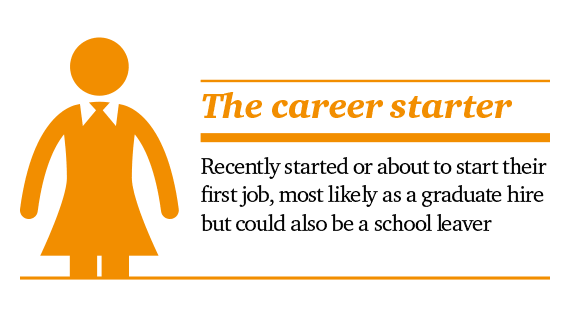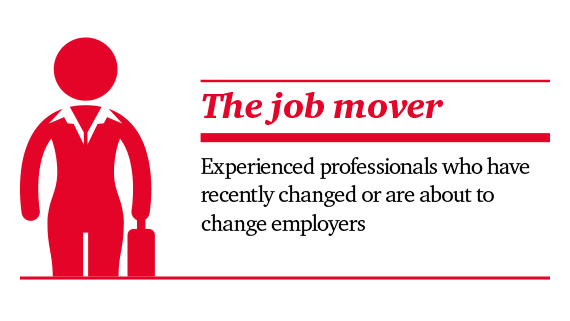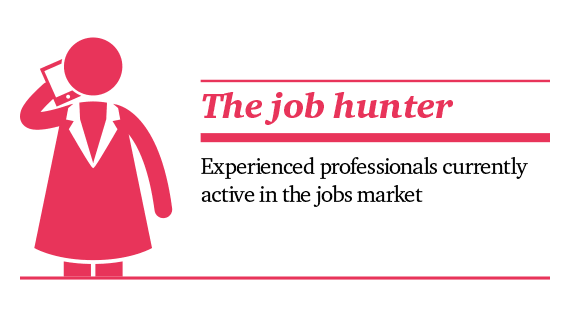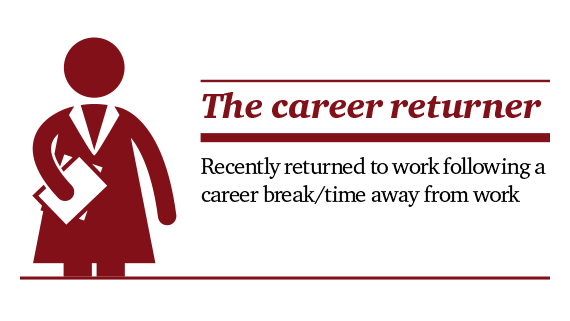

Gain the diversity edge through inclusive recruitment
Today, more and more CEOs regard talent diversity and inclusion as vital to their organisation’s ability to drive innovation and gain competitive advantage. And as businesses across the world inject greater urgency into their gender diversity efforts, we’re seeing an intensifying focus on hiring female talent. In fact, 78% of large organisations tell us they’re actively seeking to hire more women – especially into more experienced and senior level positions.
PwC’s new report, Winning the fight for female talent, explores how organisations are seeking to deliver on their gender diversity attraction goals. We also examine the impact of these approaches and – more generally – how they’re matching up to the career aspirations and diversity experiences and expectations of the modern workforce.
Organisations must focus on diversity and career progression opportunities
Aoife Flood, lead researcher and author on Winning the fight for female talent, shares an overview of the report’s key findings.
Tweet this:
PwC Winning the fight for #FemaleTalent report highlights a focus on diversity and career progression is critical
Female talent in the jobs market
Our cross-generational research into inclusive recruitment across the world provides insights into the career aspirations and diversity expectations of both women and men with recent experience of the jobs market. Here are some of the expectations voiced by different categories of female talent participating in our research.













